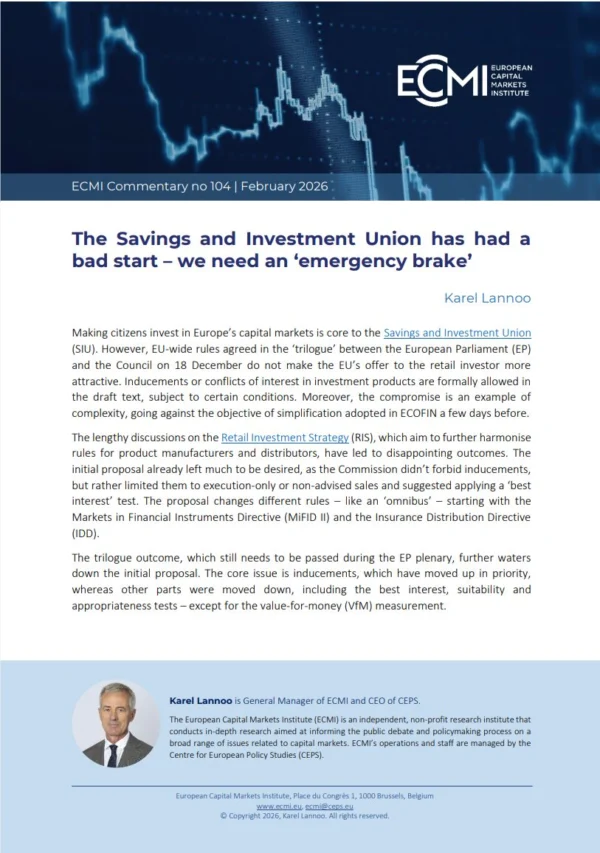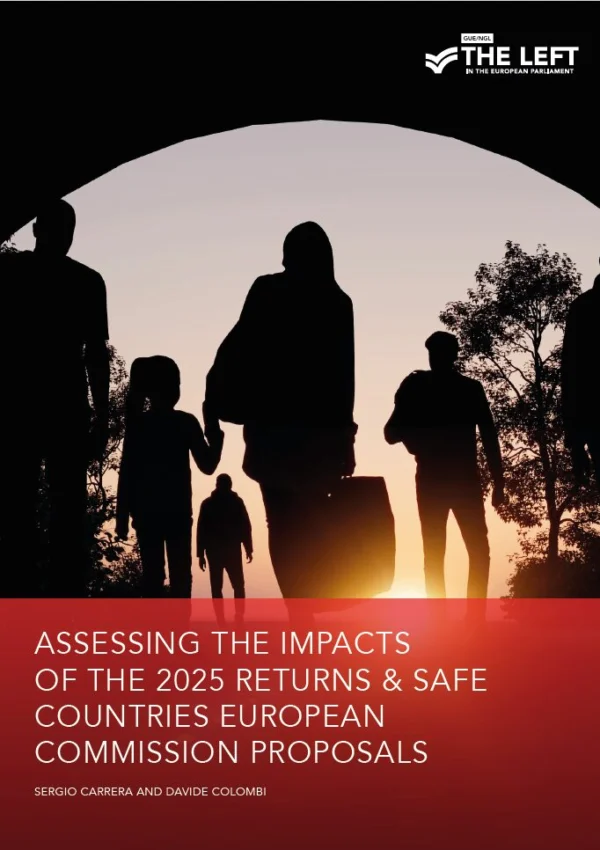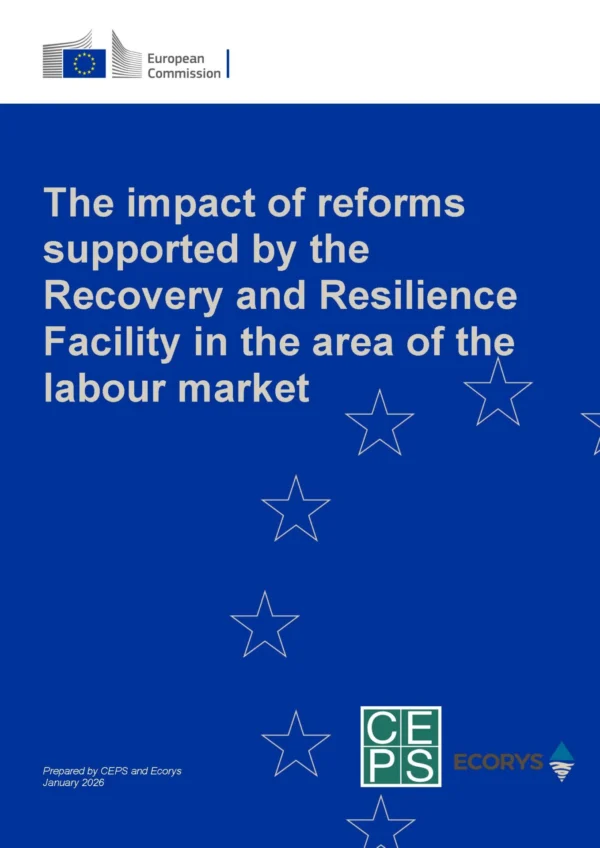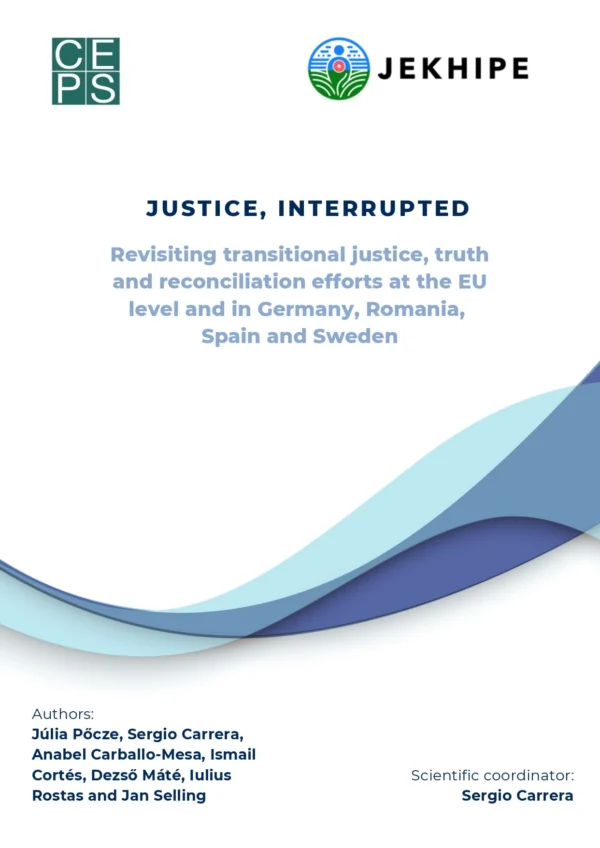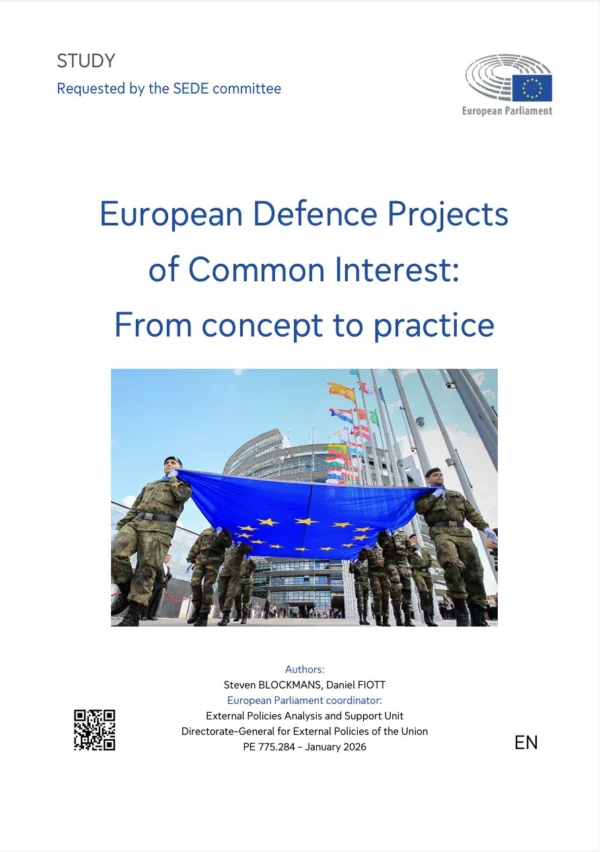The European Union has successfully supported democratisation in its new Eastern member states and candidate countries. Now it needs to become more engaged in those post-communist countries where democratisation is incomplete or stalled. This study argues that civil society should be a more important priority of democracy promotion in the EU’s Eastern neighbourhood and calls for a strategic and differentiated approach designed according to the stage of democratisation in the target country. The paper focuses on three countries that represent three types of cases in the eastern neighbourhood: Ukraine, which has become a ‘re-transition’ country after the Orange Revolution; Moldova, where we can observe a prolonged transition; and Belarus, an outright dictatorship. One of the well-known obstacles to enhancing the EU’s support to civil society in these countries is posed by the bureaucratic procedures of aid programmes. However, even if the rules were substantially reformed, it would still be difficult for the European Commission to work extensively with NGOs in foreign countries for political as well as institutional reasons. Hence, the EU should create new mechanisms of democracy assistance. The German and US foundations set up specifically for this purpose have proved to be a model with many advantages; similar European foundation(s) could be an invaluable tool for supporting pro-democratic forces in authoritarian countries in particular. The paper also examines two other exemplary models for the European neighbourhood policy: the Swedish practice to channel support through domestic NGOs, and the EU’s own policy, which has only been applied in candidate countries so far, to use local civil society development foundations.
0
More CEPS Publications
12 Published Publications
Related Publications
Browse through the list of related publications.

